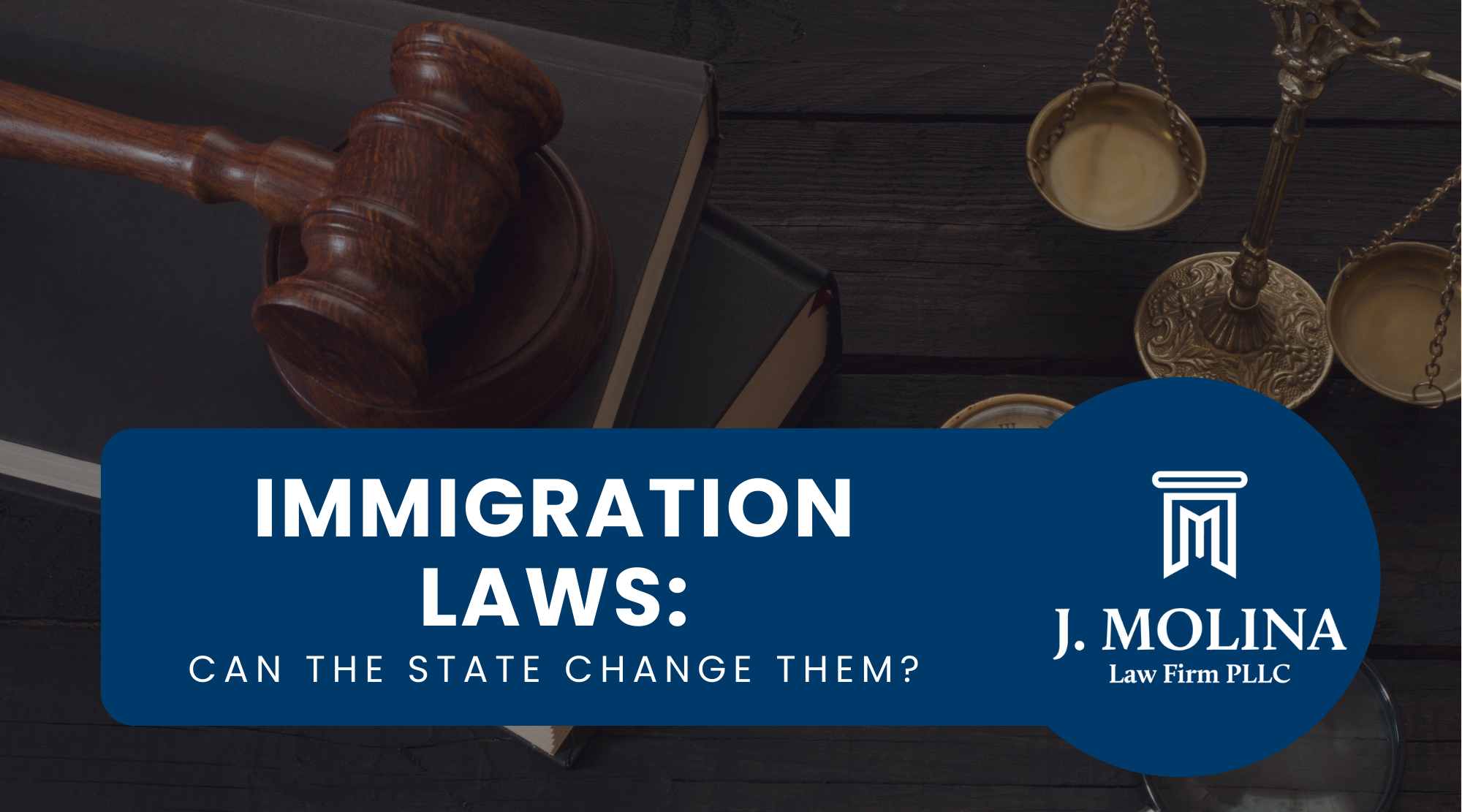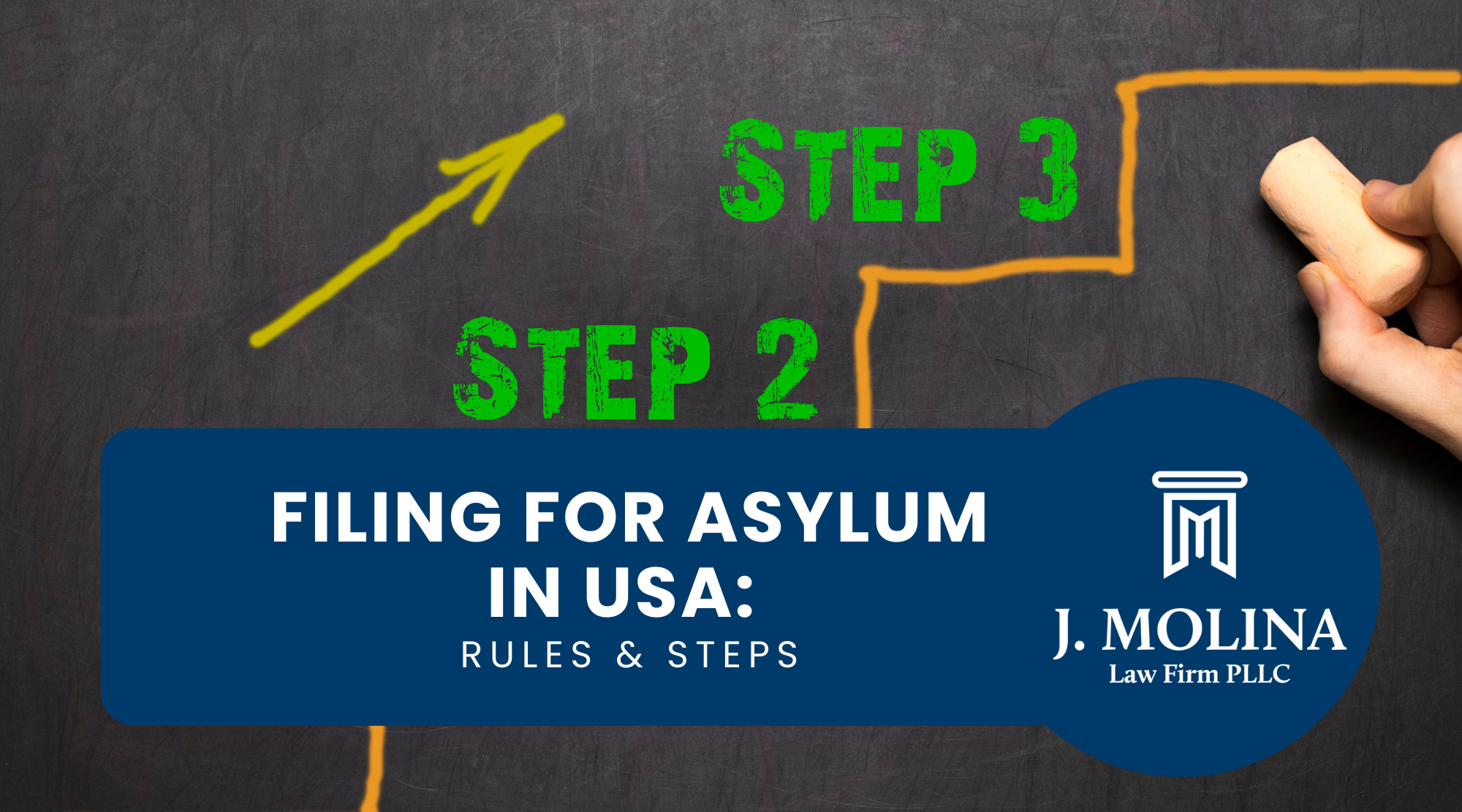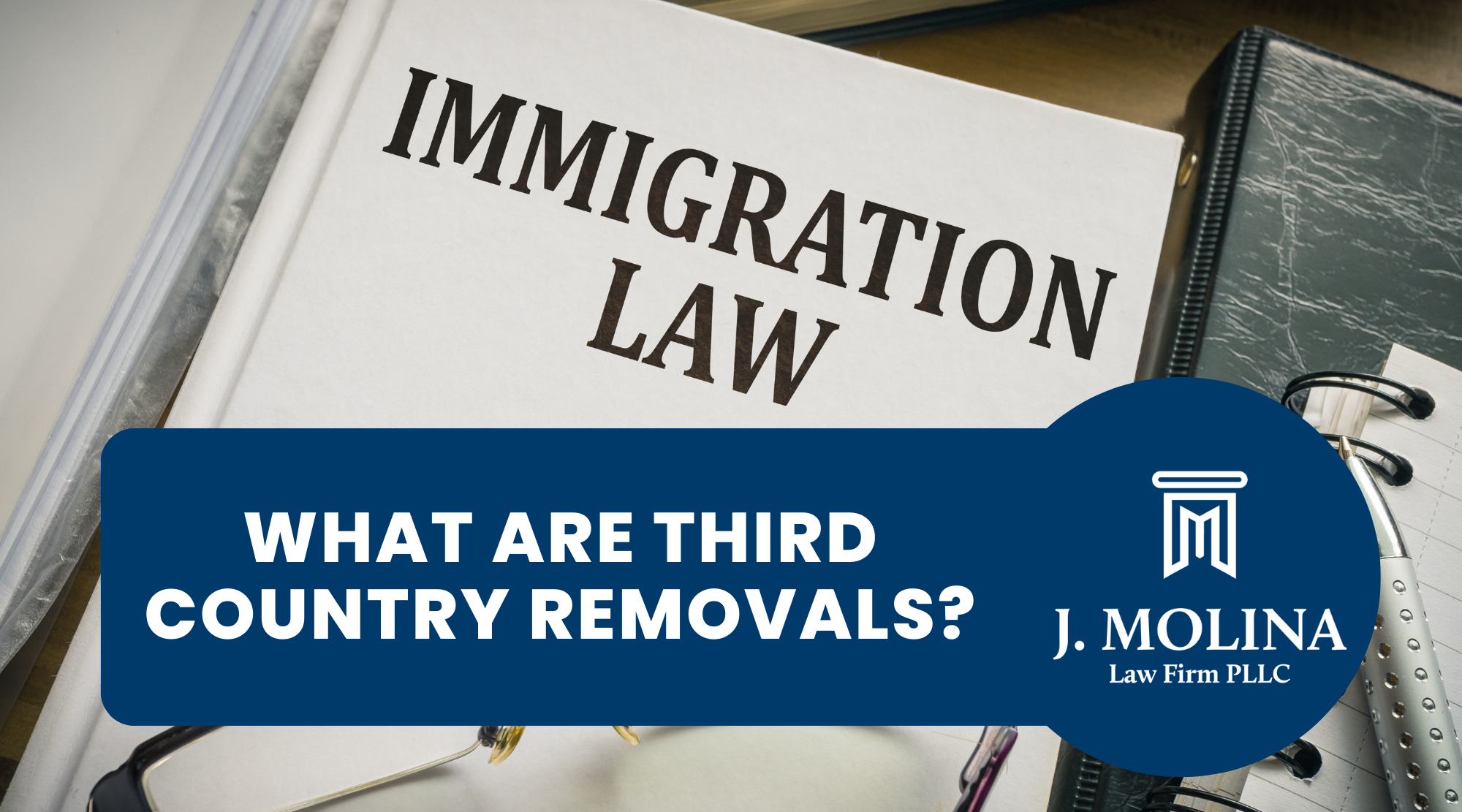Immigration laws in the United States are a federal matter—but some states are increasingly challenging federal immigration policies in court. If you’re an immigrant living in a state involved in these legal battles, it’s important to understand what states can—and cannot—do when it comes to immigration.
Why Are States Suing the Federal Government?
Several states have filed lawsuits against the federal government, arguing that immigration programs like DACA or decisions to halt deportations either exceed executive authority or harm their resources. For example, Texas and other states sued over DACA and DAPA, claiming these programs were unconstitutional or violated the Administrative Procedure Act.
To bring these lawsuits, states must prove they have standing—that federal policies directly affect them. Courts have sometimes agreed, especially when state budgets or enforcement capacities are impacted.
What Does the Constitution Say?
The U.S. Constitution gives the federal government exclusive authority over immigration. This means states cannot make their own immigration laws or override federal rules. This principle is known as federal preemption.
In the 2012 case Arizona v. United States, the Supreme Court struck down parts of Arizona’s immigration law for conflicting with federal policy. Courts have done the same with other state laws that attempt to redefine immigration categories or create their own enforcement policies.
What Can States Legally Do?
While states cannot change U.S. immigration laws, they do have limited powers:
- Control over state-funded benefits: States may decide whether to offer benefits like healthcare or licenses to undocumented immigrants—if they use state funds and don’t conflict with federal laws.
- Sanctuary policies: States and localities may adopt policies limiting cooperation with federal immigration enforcement. Courts have upheld that the federal government cannot force local authorities to enforce immigration laws.
- Voluntary participation in enforcement: States can choose to help enforce federal immigration laws, but they are not legally required to do so.
Need Immigration Guidance?
U.S. immigration laws are complex—and the involvement of state governments adds another layer of confusion. At J. Molina Law Firm, we help you understand how local policies may affect your rights and immigration status. Whether you’re facing legal uncertainty or just want to plan your future, we’re here for you.
Contact us today for a consultation. Let’s protect your path forward.



